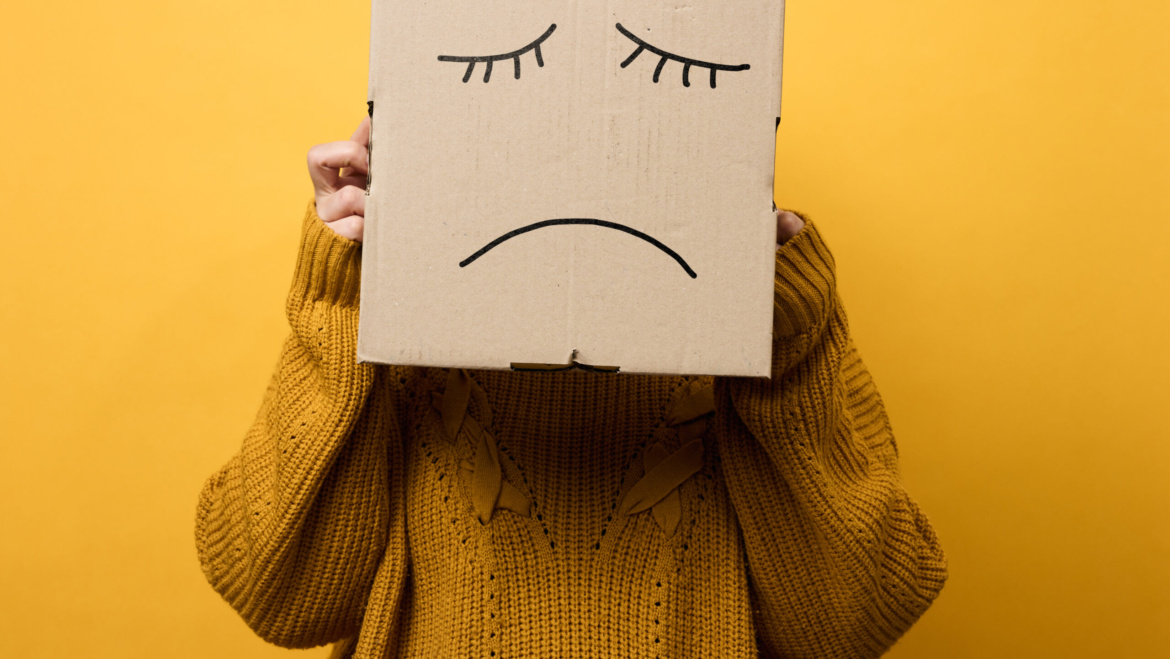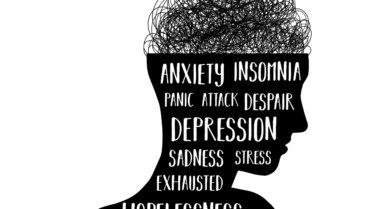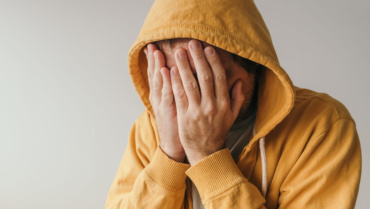Welcome to a world where technology is at your fingertips, communication has never been easier, and yet loneliness seems to be on the rise. With social distancing protocols in place and people spending more time alone than ever before, it’s no wonder that many individuals are struggling with feelings of isolation and disconnection.
But fear not! In this blog post, we’re going to explore ways you can combat these feelings and seek out genuine connection in our disconnected world. From reaching out to loved ones to finding new hobbies and communities online, there are plenty of strategies you can implement to stay connected even when physical distance separates us. So let’s dive in!
Common Causes of Loneliness and Isolation
It’s no secret that we live in a disconnected world. With technology at our fingertips and social media at our fingertips, it’s easy to feel alone and isolated even when we’re constantly surrounded by people.
There are a number of factors that can contribute to loneliness and isolation. One of the most common is living an entirely online life. While there’s nothing wrong with spending time online, it’s important to make sure you balance your time between the virtual world and the real world. Too much time online can lead to feelings of disconnection from the people and things around you.
Other common causes of loneliness and isolation include:
• A lack of close relationships or social interactions
• Moving to a new area where you don’t know anyone
• Being the only person you know with a certain interest or hobby
• Having a chronic illness or disability that makes it difficult to interact with others on a regular basis
• Experiencing major life changes, such as divorce, job loss, or retirement
Whatever the reason for your loneliness or isolation, it’s important to find ways to combat these feelings so they don’t take over your life. There are a number of things you can do to ease loneliness and isolation, including: reaching out to family and friends, joining social clubs or groups, volunteering in your community, participating in activities you enjoy, and seeking counseling or
Benefits of Connecting to Others During Times of Stress
When we feel stressed, our first instinct is often to retreat into ourselves and disconnect from others. This can lead to feelings of loneliness and isolation, which can in turn compound the effects of stress. However, there are many benefits to be gained from connecting with others during times of stress.
For one, social support can help buffer the effects of stress. In other words, when you have people to lean on during tough times, you’re better able to cope with stressors than if you were going it alone. Additionally, connecting with others can provide a sense of belonging and purpose. It can remind us that we’re not alone in our struggles and that we have people who care about us. Interacting with others can provide a much-needed distraction from whatever is causing us stress in the first place.
If you’re feeling lonely or isolated, reach out to friends, family, or your community for support. There are also many online resources available if you’re having trouble connecting with people in your life. Whatever you do, don’t suffer in silence – connection is key to managing stress.
How to Get Support From Friends, Family and Professional Help
When we feel alone, it can be difficult to reach out for support. We may feel like no one understands us or that we are a burden to others. However, loneliness is a common experience, and there are many people who want to help.
Here are some ways to get support from friends, family, and professional help:
- Talk to your friends and family about how you’re feeling. They may not know what you need unless you tell them. Be honest about your feelings and let them know what would help you feel better.
- Join a support group or online community for people who are experiencing similar feelings. This can provide some much-needed connection and understanding.
- Seek professional help if your loneliness is impacting your ability to function in daily life. A therapist can help you understand your thoughts and feelings and develop coping strategies.
Creative Ways to Seek Out New Connections in Your Community
The first step to combatting loneliness and isolation is to seek out new connections in your community. There are many creative ways to do this, and it all starts with taking the initiative to reach out.
One great way to meet new people is to join a club or organization that aligns with your interests. This could be anything from a book club or hiking group, to a political campaign or animal rescue organization. Getting involved in something you’re passionate about is a great way to connect with like-minded individuals who can help you feel less alone.
Another great way to find new connections is to volunteer your time and talents to a cause or organization that needs it. This is a great way to give back to your community while also meeting new people who share your values. Volunteering is also a great way to build transferable skills that can help you in your career.
If you’re feeling shy about reaching out, there are plenty of online communities that can help you connect with others without having to leave your home. Social media platforms like Twitter and Instagram are great for finding and connecting with like-minded people from all over the world. There are also countless forums and online groups dedicated to specific interests where you can chat with others who share your hobbies or passions.
Reaching out and connecting with others doesn’t have to be difficult – there are plenty of creative ways to do it! By taking the initiative, you’ll be able to find the support and companionship you need to make meaningful connections in your community.
Finding Meaningful Ways to Connect with Nature and the World Around You
In a world that seems to be increasingly disconnected, it’s important to find ways to connect with nature and the world around you. Spending time outside in nature can help reduce stress, improve your mood, and boost your overall health.
There are many ways to connect with nature, whether it’s going for a walk in the park, gardening, or spending time at the beach. If you live in an urban area, there are still plenty of opportunities to connect with the natural world. Seek out green spaces like parks and community gardens, or simply take a moment to appreciate the trees and flowers that line the streets.
It’s also important to find ways to connect with other people. While it may be tempting to isolate yourself, research has shown that social interactions are crucial for our mental and emotional wellbeing. Make an effort to reach out to friends and family members, or consider joining a club or group that aligns with your interests.
By making an effort to seek out connection, you can combat loneliness and isolation and create a more meaningful life for yourself.
Self-Care Tips for Coping With Loneliness
It’s no secret that loneliness and isolation can be tough to handle. Whether you’re dealing with the aftermath of a breakup or simply struggling to find your place in the world, feeling alone can be a real downer. But there’s hope! These self-care tips can help you cope with loneliness and start feeling better ASAP.
- Give yourself some TLC. Sometimes when you’re feeling lonely, all you need is a little extra care and attention. So treat yourself to a relaxing bath, make time for a favorite hobby, or take yourself out on a special date night. Whatever makes you feel good, do more of it!
- Get moving. Exercise is a great way to boost your mood and relieve stress, both of which can help alleviate feelings of loneliness. Taking a brisk walk around the block or going for a swim are great options, but anything that gets you moving will do the trick.
- Connect with others (in person or online). When you’re feeling lonely, it’s important to reach out to others and connect. This could mean meeting up with friends for coffee or joining an online community related to your interests. Staying connected can help stave off feelings of loneliness and isolation.
- Seek professional help if needed. If you’re finding it difficult to cope with loneliness on your own, seek professional help from a therapist or counselor who can support you through this tough time .
No one should have to suffer in silence – use these tips to take control of your mental health and start feeling better!
Conclusion
In this era of constant connectivity and disconnection, it is important to prioritize connections with others. Being mindful of one’s own thoughts and feelings as well as considering the needs and feelings of those in our close circles can help us create meaningful relationships which will truly benefit us all on a daily basis.
Keeping in touch with old friends and venturing into new areas for connection can both prove beneficial for reducing feelings of disconnectedness. Taking time out for ourselves is also an important factor when aiming to find meaningful interpersonal connections during these challenging times.





Add Comment